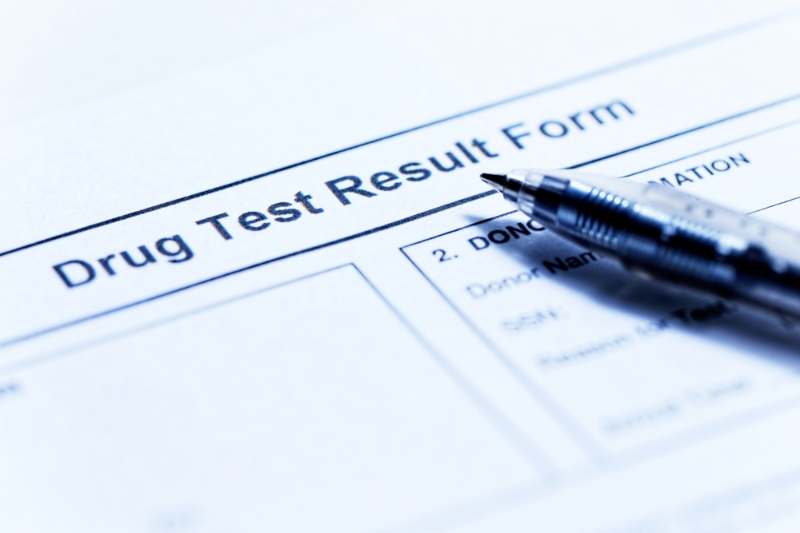The UK is on track to miss the 2020 and 2030 legal targets for toxic pollution, according to Government data.
The National Emission Ceilings Regulations 2018 set binding emission reduction targets for a number of harmful air pollutants, for both 2020 and 2030.
The new data show that the UK is set to miss its 2030 emissions reduction targets by 57% for sulphur dioxide (SO2), by 45% for fine particulate matter (PM2.5), by 20% for ammonia and by 20% for nitrogen oxides.
The figures also suggest that the UK has missed its 2020 emissions reduction targets by 12% for PM2.5 and 7% for ammonia, although final emissions data for 2020 will be released in 2022.
Based on this discovery, the law now requires that the Government review its strategy for tackling these pollutants within 18 months.
Environmental lawyers say that if it fails to review the strategy, the Government could face legal challenge.
Katie Nield, lawyer at environmental law charity ClientEarth, said: ‘Once again, the government is falling short of its legal obligations to reduce pollution. Ministers have been lauding the UK’s Clean Air Strategy as "world-leading" but they are not living up to it.
‘Now the Government is under a legal obligation to revamp its strategy to tackle major emissions sources like road transport but also agriculture and domestic heating – people’s health is on the line.
‘They are so far off track that a serious rethink is needed. The government should not have to be dragged to the courts yet again to force it to live up to legal commitments to clean up the air.’
A Defra spokesperson said: 'Air pollution at a national level has reduced significantly since 2010 and emissions continue to improve year-on-year.
'However, we know there is much more to do, which is why we are delivering a £3.8 billion plan to clean up transport and tackle NO2 pollution, among other measures.
'It should be noted that today’s projections do not take into account future action that we are taking to tackle air pollution, such as measures in the Environment Bill to help local authorities tackle air pollution, and further measures in the Clean Air Strategy to tackle a range of pollutants.'






